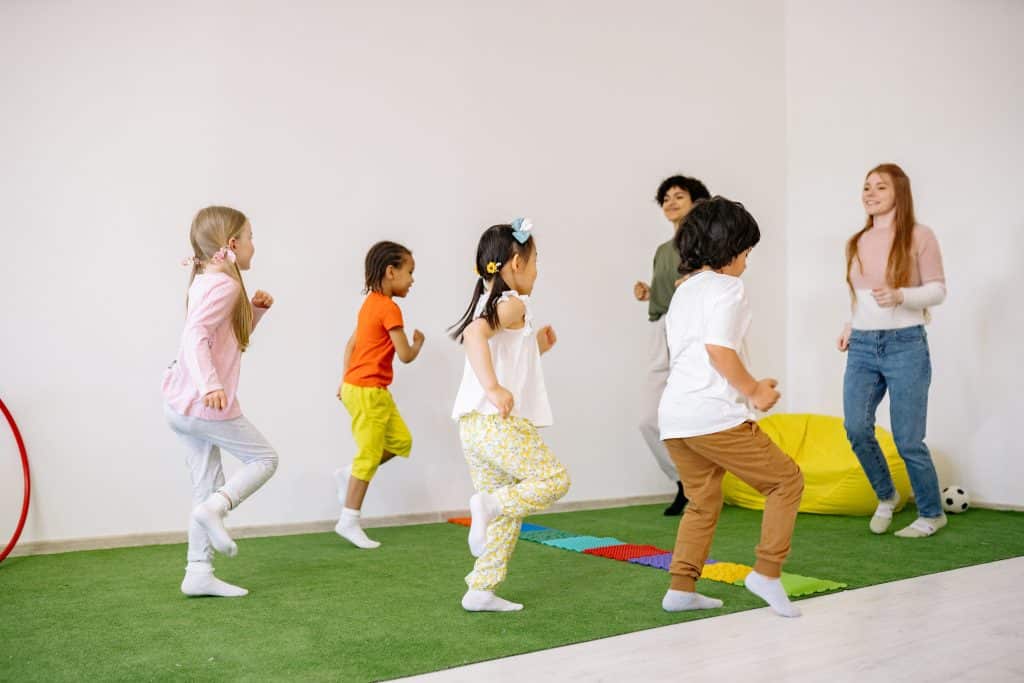Autism Spectrum Disorder (ASD) presents a unique set of challenges, particularly in the development of social skills. Individuals with ASD often struggle with understanding social cues and effective communication, impacting their ability to form relationships and navigate social situations. In addressing these challenges, a holistic approach to cultivating social skills is vital. This approach not only addresses the behavioral aspects but also considers emotional and cognitive development, creating a well-rounded strategy for individuals with autism.
Social Skills Challenges in Autism
For individuals with ASD, interpreting and responding to social cues can be a significant hurdle. These challenges manifest in various ways, such as difficulty in maintaining eye contact, understanding body language, and engaging in reciprocal communication. Such barriers can lead to misunderstandings and social isolation, making it difficult for individuals with autism to form meaningful relationships and integrate into society. Recognizing these challenges is the first step in developing effective strategies to overcome them.
Foundations of a Holistic Approach to Social Skill Development
A holistic approach in autism care focuses on the integration of emotional, cognitive, and behavioral dimensions. This method considers each individual's unique needs and tailors interventions accordingly. In places like New Mexico, several therapies can be employed to improve social skills in autism. For example, there are various components of ABA therapy New Mexico experts integrate for holistic care, like using positive reinforcement to teach and enhance social skills effectively. Speech therapy helps address communication barriers, while occupational therapy assists in developing practical social skills needed for everyday interactions.
Role of ABA Therapy in Enhancing Social Skills
ABA therapy, a cornerstone in autism treatment, offers structured methods to enhance social skills. Specialists in ABA therapy employ various techniques, including modeling and role-playing, to teach appropriate social behaviors. These techniques allow individuals with autism to practice and internalize social skills in a controlled environment, gradually enhancing their ability to apply these skills in real-life scenarios. The repetitive and structured nature of ABA therapy ensures that these skills are not only learned but also retained over time.
Incorporating Technology and Innovative Methods
Technology has become an integral part of teaching Social skills in autism New Mexico. New Mexico therapists and educators employ several innovative methods for a well-rounded approach. Interactive apps and software provide engaging ways for individuals with autism to learn and practice social skills. These digital tools often use games and simulations to teach concepts like turn-taking, emotion recognition, and appropriate responses in social situations. Additionally, supplemental methods such as social stories and role-playing are used to teach the nuances of social interactions. These tools provide a safe and structured environment for individuals with autism to learn and practice social skills without the pressure of real-life consequences.
Family and Community Involvement in Social Skill Development
The involvement of family and community is crucial in reinforcing the social skills learned through therapy. Families are encouraged to create supportive environments at home where individuals with autism can practice and apply their new skills. This reinforcement at home is essential for the skills to become a natural part of their social repertoire. Community resources, including support groups and social clubs, provide additional opportunities for real-life social interaction, allowing individuals with autism to practice and refine their skills in diverse settings.
Educational Settings and Their Role in Social Skill Enhancement
Educational settings in New Mexico play a significant role in the social skill development of individuals with autism. Schools are increasingly incorporating social skills training into their curricula, providing a structured and supportive environment for learning. This includes peer-mediated interventions, where neurotypical peers are trained to assist in the social skill development of students with ASD. Inclusive education practices also ensure that students with autism have opportunities to interact with a broad range of peers, enhancing their social skills in a naturalistic setting.
Autism Support in New Mexico: A Focus on Social Skills
In New Mexico, a unique and comprehensive approach is taken towards autism support. Autism care centers and therapy centers offer specific therapies to enhance social skills in autism. New Mexico families can take advantage of these programs to meet their child’s individual needs. The state's commitment to a holistic approach is evident in its support for ABA therapy and other interventions that address the core challenges of autism. The ABA therapy New Mexico experts provide also extends to families and educators, ensuring a collaborative effort in enhancing the social abilities of individuals with ASD.





Comments